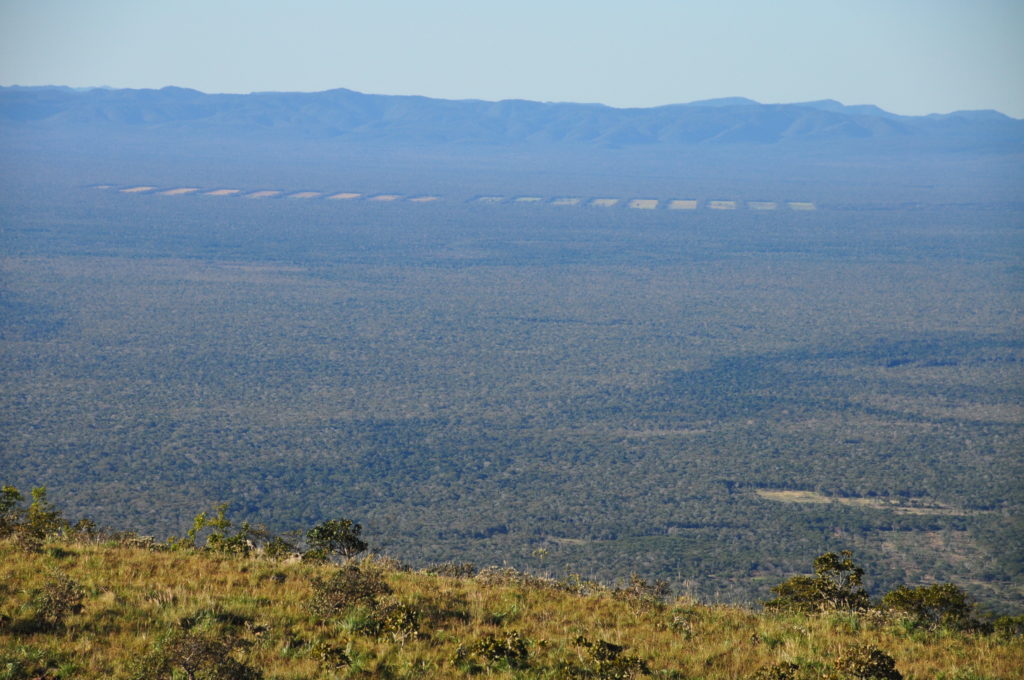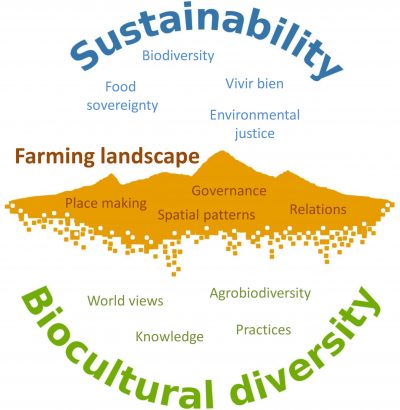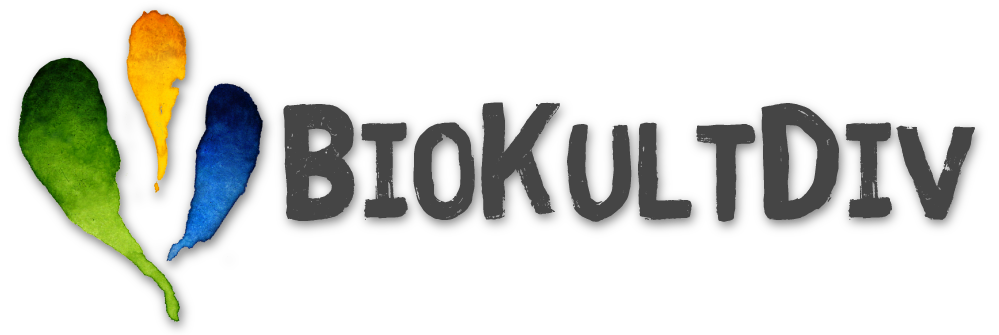BioKultDiv
About The Project

Biocultural diversity (BCD), that is the diversity of life in all its manifestations, is declining at an unprecedented speed. Alarmingly, this loss goes hand in hand with many biophysical and socio- economic changes that are unsustainable, and there is an urgent need to understand and promote transformative pathways towards sustainability. While previous studies on biocultural diversity have mainly focused on the inventory and conservation of existing diversity, this project will assess how BCD is linked to indicators of sustainability and how it can contribute to more sustainable futures.
To that end, we will first review the existing literature on the topic and reflect on the concept and its links with sustainability. Second, we will empirically assess how BCD is linked to indicators of sustainability in a case study in Bolivia and which governance mechanisms it benefits from. This will be realized through inter- and transdisciplinary research that takes into account aspects related to environmental justice, wellbeing and gender in the case study area. Third, we will assess how BCD can contribute to sustainability in other farming landscapes of the Global South through a set of stakeholder workshops. The project will generate a holistic understanding of how biocultural diversity can contribute to sustainability. The findings of the study will be widely communicated to local communities, academia and national and international stakeholders.
what we do
The project “Biocultural Diversity in Farming Landscapes of the Global South” investigates the contribution of biocultural diversity to sustainability including aspects of wellbeing, biodiversity, food sovereignty and environmental justice from a holistic perspective based on inter and transdisciplinary collaboration.
For that aim, it explores biocultural diversity in farming landscapes, understood as the plurality of practices and worldviews in relation to agrobiodiversity. We analyze place-making and sense of place and how these processes create spatial patterns (e.g. land uses at different scales), as well as the governance processes that affect these landscapes.

Work Packages
Literature Review
Overview over the application of the concept of biocultural diversity in the scientific literature and its links to sustainability.
An english language review has already been completed and we are currently working on a review of the spanish literature.
Case Study Research in Bolivia
Empirical assessment of biocultural diversity, its connections to sustainability and identification of relevant formal and informal governance mechanisms in a small-holder farming landscape in Bolivia
Comparative Study Global South
Systematic assessment of the contribution of biocultural diversity to sustainability in a range of farming landscapes throughout the Global South
Synthesis
Integration of research findings from all components, knowledge transfer and communication

